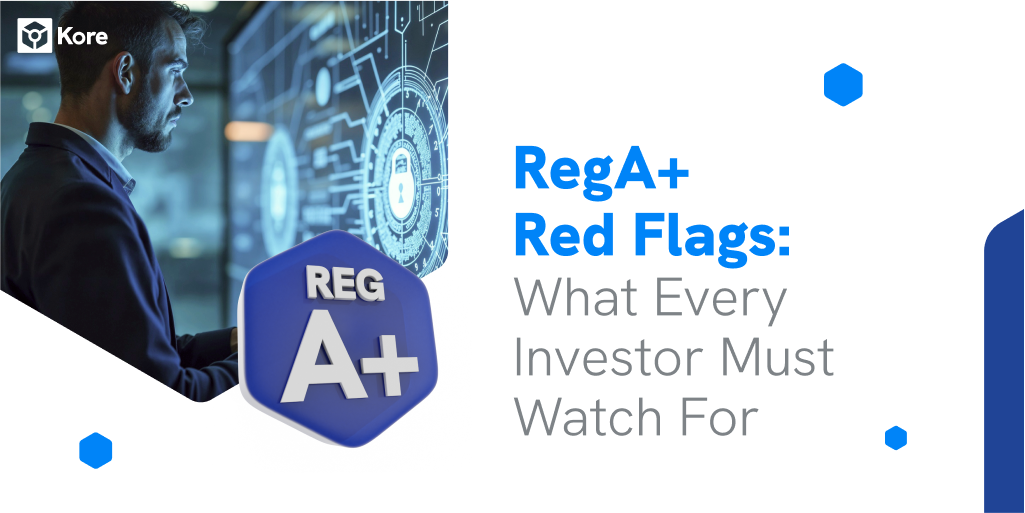Why do I need Blue Sky registration for Secondary Trading?

Through the Regulation A+ exemption, securities issuers can raise up to $75 million as of March 2021. This creates a significant opportunity for the everyday investor to make investments in private companies and for the companies to benefit from the large number of investors that exist within this space. Unlike securities purchased on a national securities exchange, like the NASDAQ or New York Stock Exchange, investors in private companies have been somewhat limited in their options for liquidity.
This created the need for a secondary market on which investors could sell shares to other interested buyers, rather than waiting for the company to go public through an IPO to sell their shares. However, when it comes to enabling investors to be able to access secondary market platforms for their shares, there are a few things issuers need to consider.
First, just as the original offering has to comply with the Blue Sky laws in the states they choose to do business in, secondary market trading falls under the same requirements. For offerings that fall under the Tier 1 Reg A+, offerings are required to meet the blue sky requirements in each state and must be reviewed and registered by the state and the SEC. For Tier 2 offerings, the offering preempts Blue Sky laws and does not require review and registration. Some states also require issuers to work with a broker-dealer for the offering, so issuers should pay careful attention to that requirement when preparing their offering.
Similarly to complying with the laws governing raising capital, issuers must also comply with the laws that govern secondary trading markets in the states they are looking to make secondary trading available in. Since Blue Sky laws vary between jurisdictions, it can be difficult for issuers to maintain compliance with the laws in each state. In this case, issuers can file for “manual exemption” of the Blue Sky laws, accepted in numerous states. This means that issuers can qualify for secondary trading as long as they meet disclosure requirements, like meeting financial standards and ensuring that key company information is listed in a national securities manual.
While meeting compliance requirements to offer secondary trading to investors may seem like a challenging task, working with a broker-dealer can ensure you are meeting all requirements. As an issuer, once you can offer secondary trading, your investors will benefit from liquidity options for their shares.





